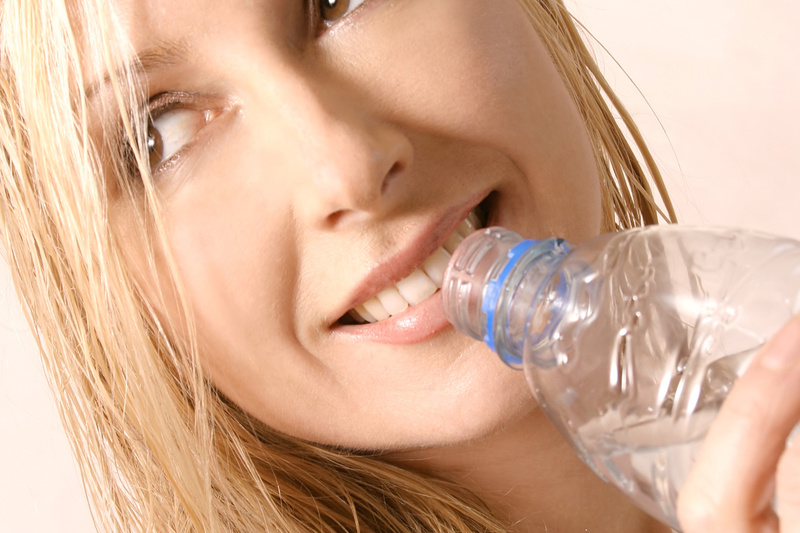Eat Your Water
Posted: November 25th, 2015
Fluids are important for optimal health and performance. Many of us seem to take our water for granted. Water is the key to life. Humans can survive more than a month without food, but only a few days without water. Our body consists of about 60-65% of water. For example – a 150 pound person, this represents about 90 to 98 pounds of water. But did you know that you can not only drink water, there are many foods that will naturally supply us water too. Water can come from more sources than just fluids. Many foods consist of water as a major component. It has been estimated that 20% of our water needs comes from the food we eat. Eating meals is critical to get full hydration on a daily basis. Eating food promotes fluid intake and retention. H20 rich foods are very important for skin moisturizing. Even skin care products contain water and fruit and vegetable components. So even unconsciously we are getting the benefits of H20 rich foods through skin care. Some things we maybe just take for granted. Foods with high water content add volume but minimal calories to the diet. Foods high in water are known to promote a feeling of fullness. Fruits and vegetables are two food groups that have generally high water content. Even meat, bread, and dairy products contain some water.Fruits and vegetables high in water include:
Fruit:Watermelon, Citrus fruits, Grapes, Apples, Papaya, Strawberries, Apricots, Cherries Vegetables:Carrots, Bell peppers, Lettuce, Tomato, Cucumber, Squash, Celery, Broccoli, Cauliflower, Spinach It is imperative we consume water for healthy body functions. Water is a good lubricator of joints, organs, and tissues. Water is an important component of saliva and gastric juices, which help digest food. In warmer weather it is strongly advised to drink plenty of water to stay hydrated. For many people in the south, kidney stone ailments are seen frequently in Emergency Rooms at hospitals due to dehydration.Some causes of dehydration
- Inadequate fluid intake
- Profuse sweating
- Failure to replace losses after exercise
- Exercising in hot weather, regardless of fluid consumption
- Relying on thirst to hydrate

